A Business Reference Letter is a document that formally attests to another company’s financial reliability, work discipline, and project performance for third parties. The text clearly includes the duration of the relationship, transaction volume (order amount, project budget etc.), payment history, delivery quality and a “contact if necessary” line. Two main approaches stand out in practice: Financial Reference (submitted to the bank or financial institution in loan–leasing applications) and Supplier/Customer Reference (requested in tender, RFP/RFQ, franchise or new business partnership processes). TypeCalendar’s Business Reference Letter templates organize these two approaches into separate blocks, allowing you to focus the letter quickly by removing unnecessary fields.
Table of Contents
What is a business reference letter?

When Is It Required? (Daily and Corporate Scenarios)
Business reference letters especially enable rapid completion of corporate risk assessments. When applying for a bank loan or commercial credit card, the financial institution wants to see the pay discipline of your previous commercial partners. In large-scale supply chain agreements, the buyer company requests references from your existing customers to verify your delivery performance. Business Reference Letter file is also common in public tenders, franchise contracts, commercial lease and outsourcing contracts. A properly structured template; clearly presents critical metrics such as transaction volume, delivery timeline and payment terms, accelerating the process for the decision maker.
What Does TypeCalendar Offer? (47 Free Business Reference Letter Templates)
TypeCalendar offers 47 free Business Reference Letter templates, all in one folder. The package is divided into headings such as Finance & Banking, Supplier/Vendor Reference, Customer Satisfaction, Public Tender, Consultancy/IT Services and Lease & Franchise. In each template, the relationship definition, annual transaction volume ($), delivery/performance metrics, pay history (Net 30/Net 60 compliance), compliance (ISO, OSHA, HIPAA, etc.) and there are separate fields for contact information. Depending on your preferred tone, you can choose among official corporate, friendly appreciation, or concise email versions; both full letter and executive-summary variants are available for each scenario.
File Types, Editing, and Output (Ready for Immediate Use)
All templates are in DOCX, PDF and Google Docs format; aligned to US Letter size. Placeholders can be edited one by one ([Company Name], [Annual Volume $], [On-Time Delivery %], [Contact Email/Phone]); you can hide or remove unnecessary lines. PDF files are ready to print or email as attachments; “Actual Size” ensures that the margins fit perfectly on the printout. To add your logo or change the signature block, you can open the DOCX/Docs version and update it quickly. This approach lets you manage both a printable letter and a digitally signable PDF from a single folder.
Download Now: Create an Effective Business Reference Letter in Minutes
Open the 47-piece Business Reference Letter collection in TypeCalendar immediately; select the template that best fits your scenario, fill in the relationship and metric fields, add your signature and print it out or send it as a PDF. Whether it’s a bank loan or a supplier approval, a clear and measurable reference letter makes the decision maker’s job easier and strengthens your professional reputation. Download and edit today; turn your corporate credibility into a tangible document in a few minutes.









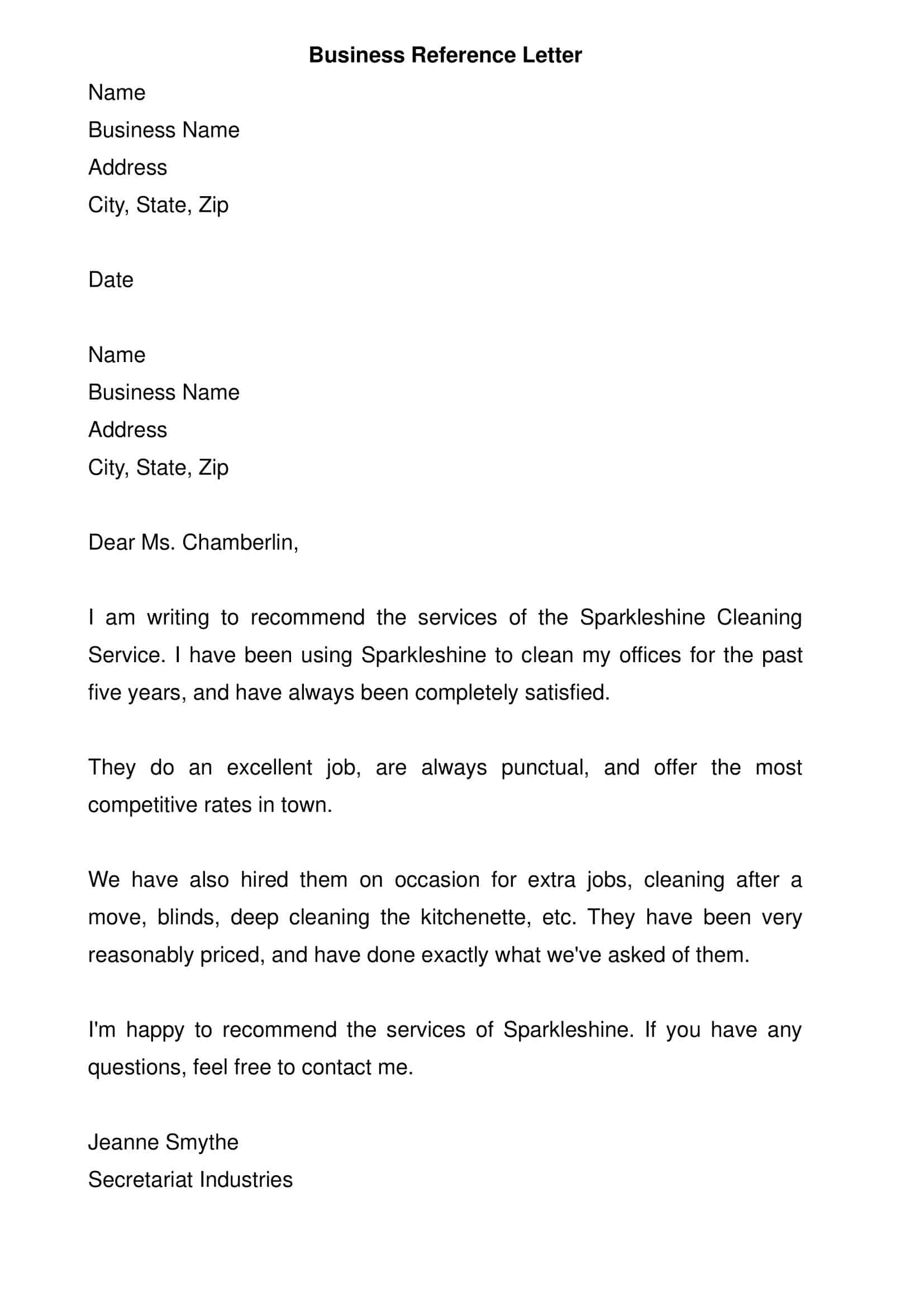






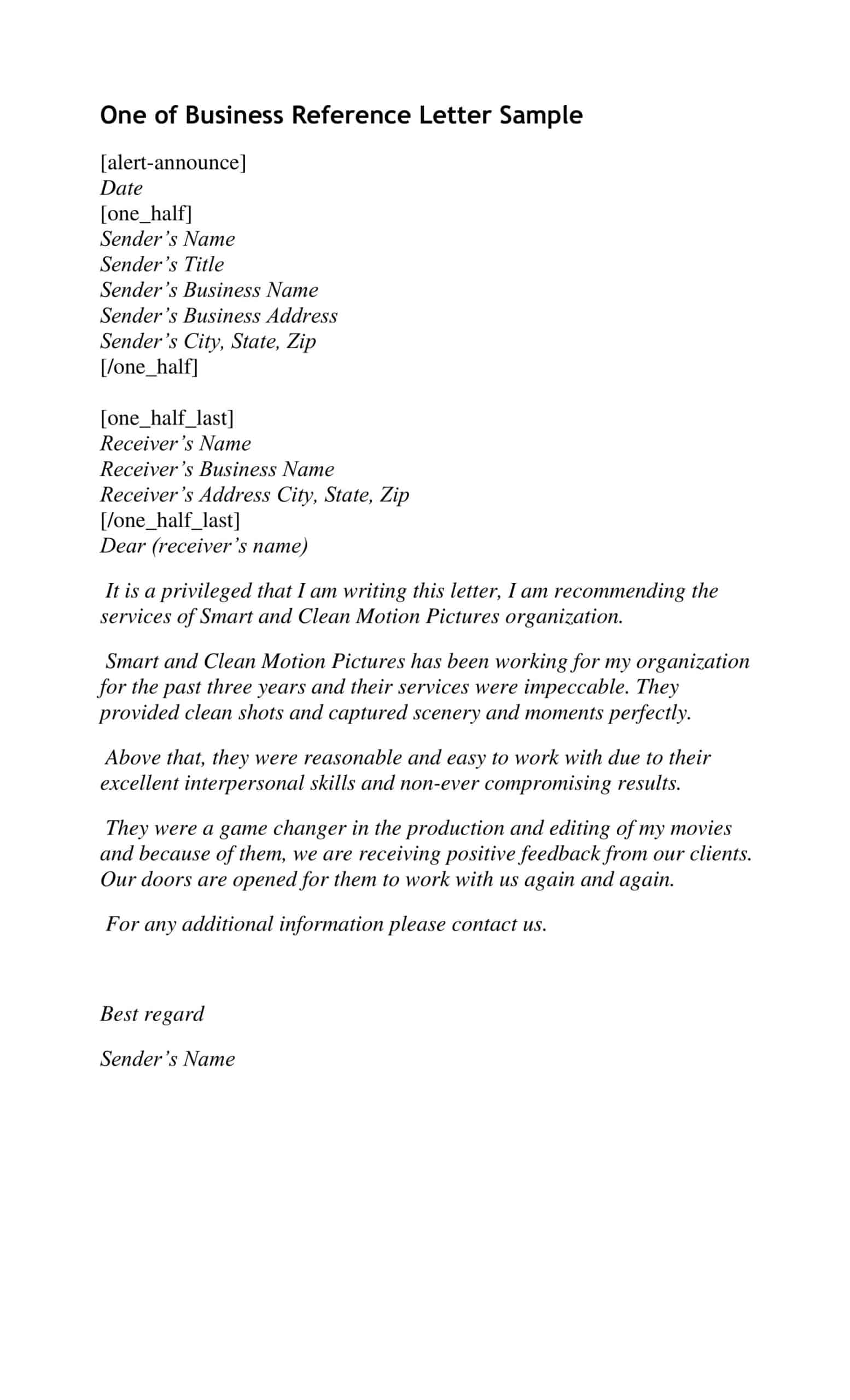



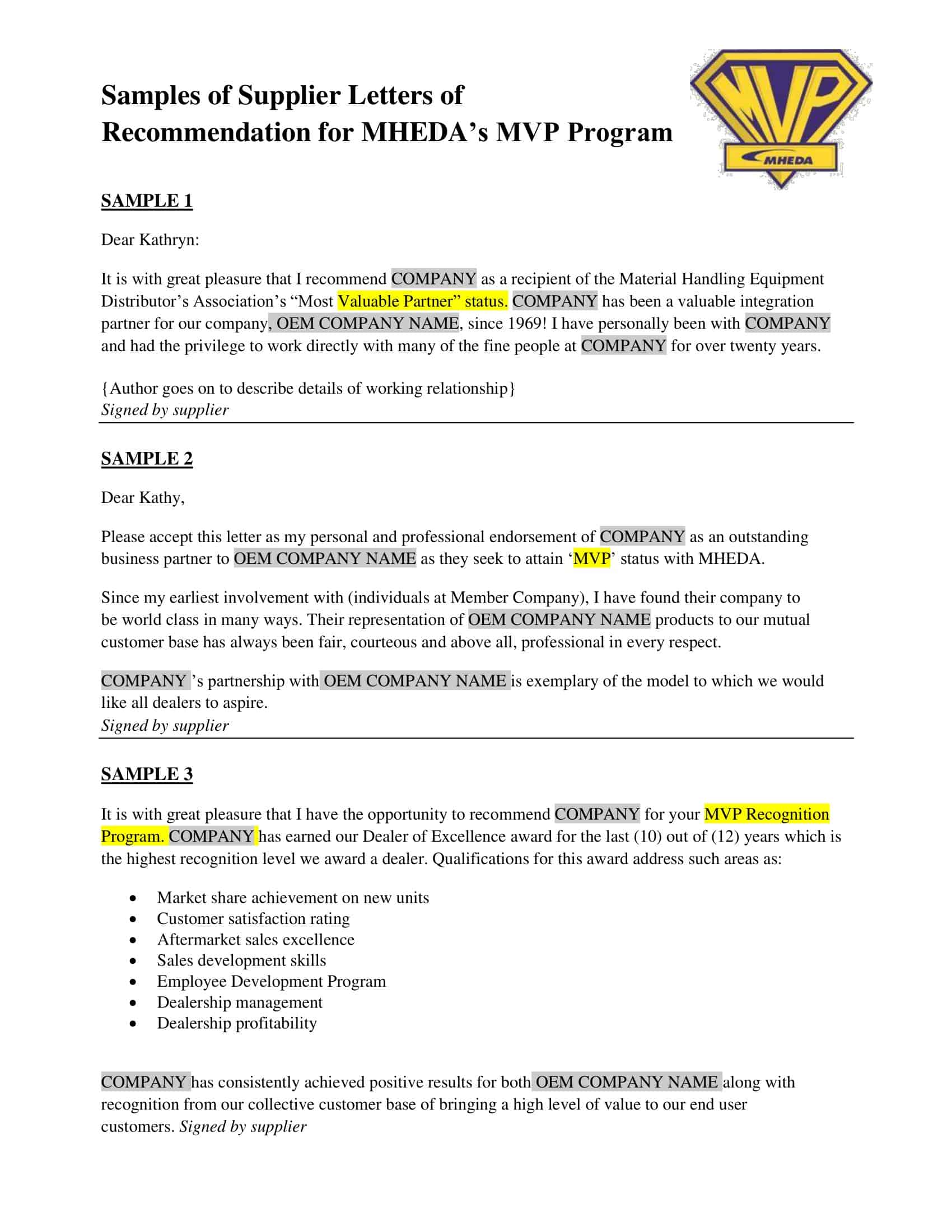



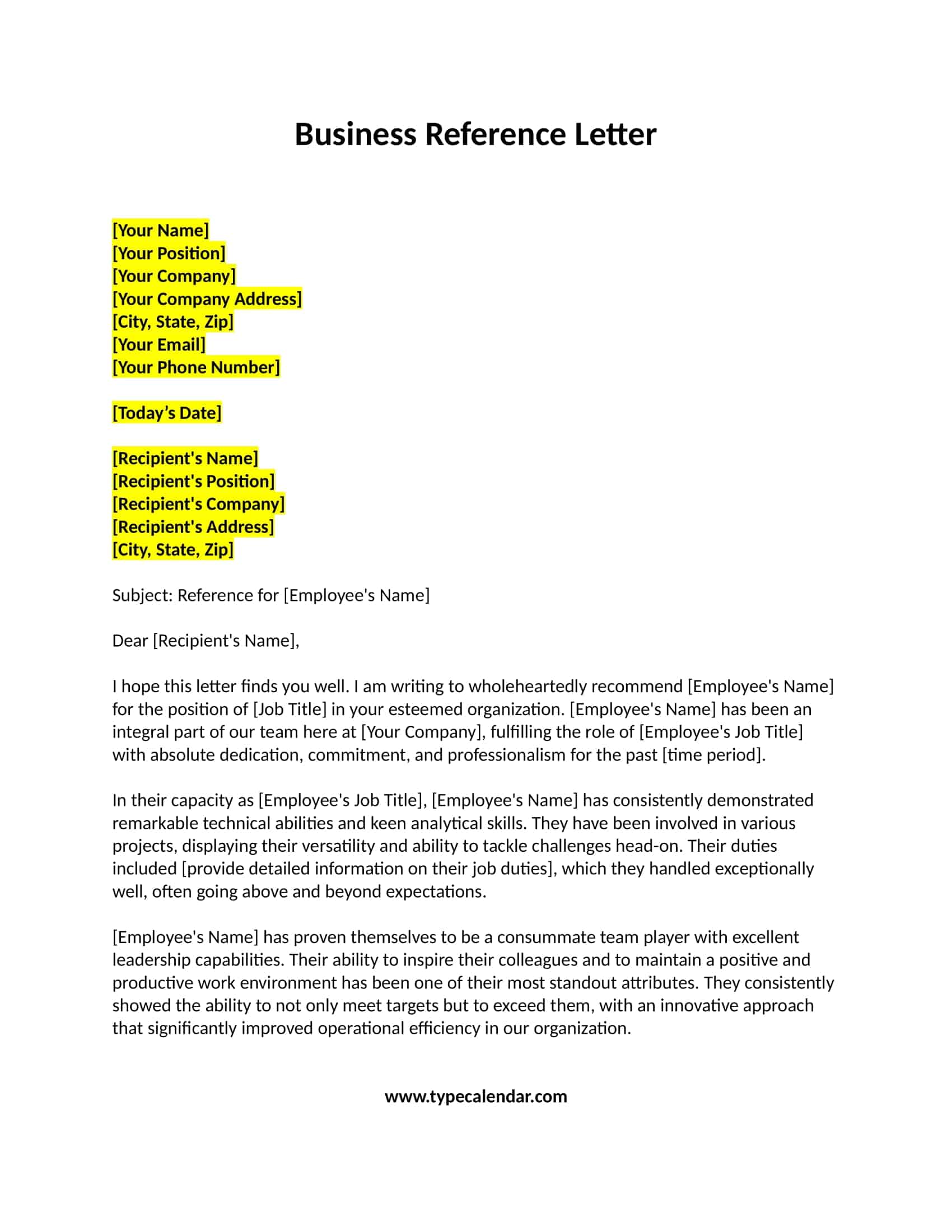



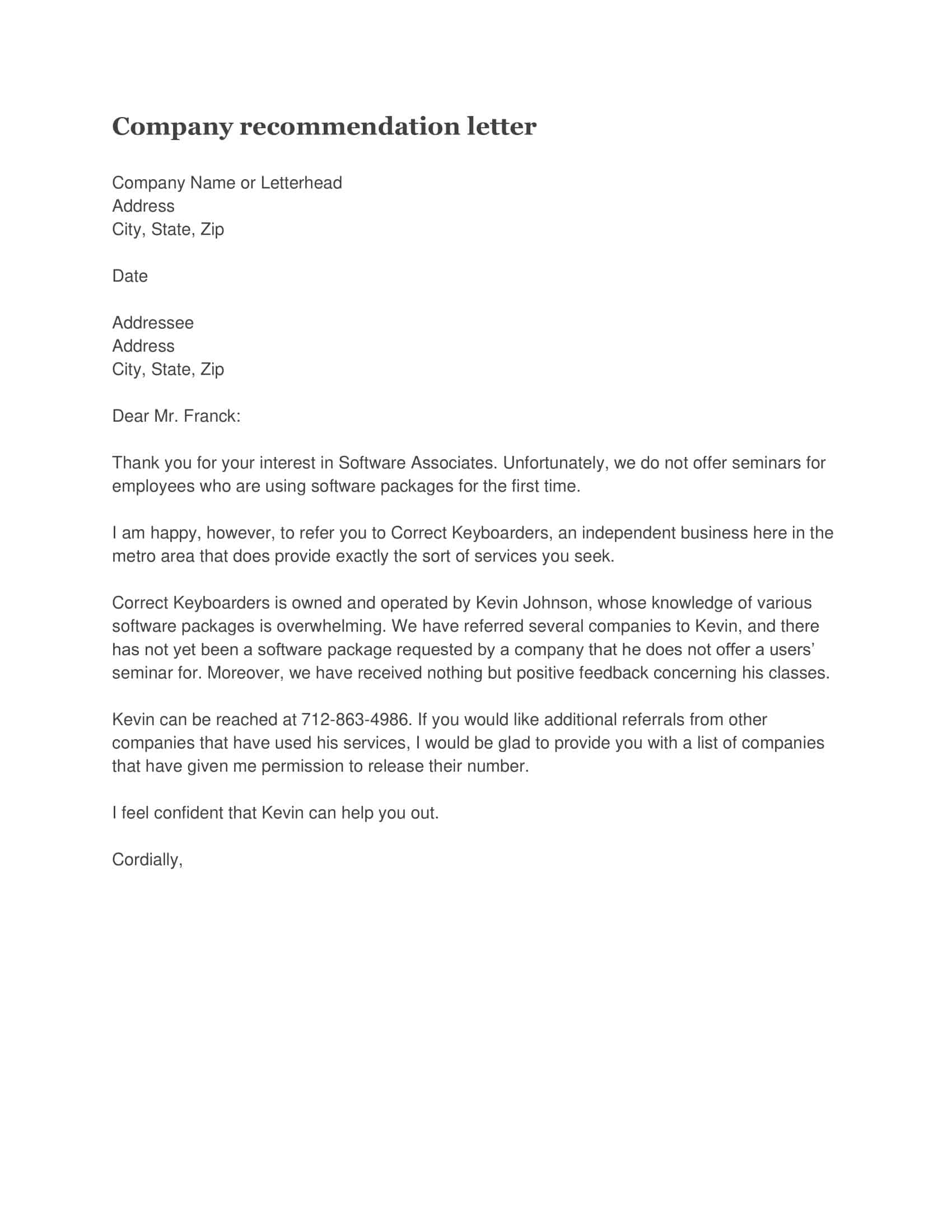










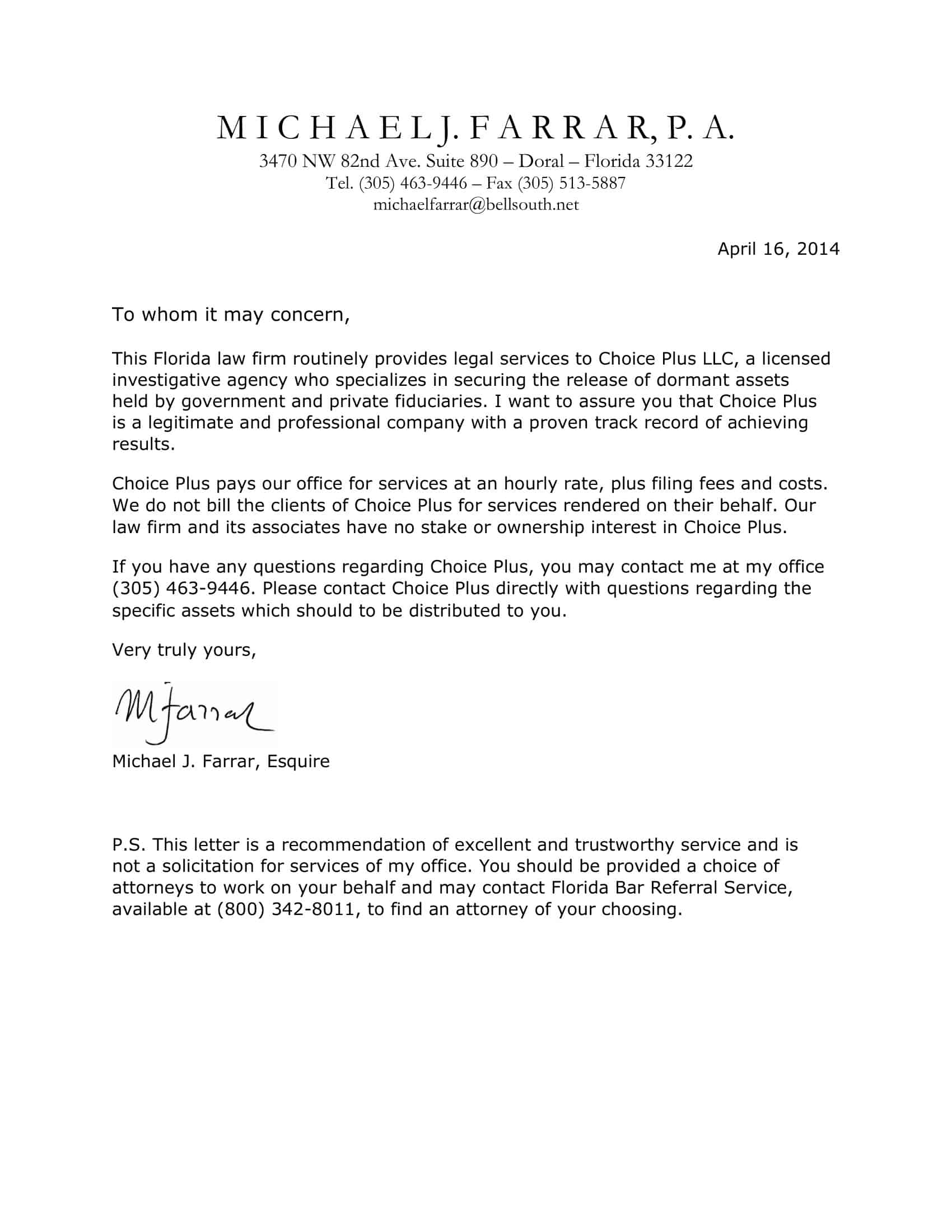







![Free Printable Roommate Agreement Templates [Word, PDF] 1 Roommate Agreement](https://www.typecalendar.com/wp-content/uploads/2023/06/Roommate-Agreement-150x150.jpg)
![Free Printable Credit Card Authorization Form Templates [PDF, Word, Excel] 2 Credit Card Authorization Form](https://www.typecalendar.com/wp-content/uploads/2023/06/Credit-Card-Authorization-Form-150x150.jpg)
![Free Printable Stock Ledger Templates [Excel,PDF, Word] 3 Stock Ledger](https://www.typecalendar.com/wp-content/uploads/2023/08/Stock-Ledger-150x150.jpg)
